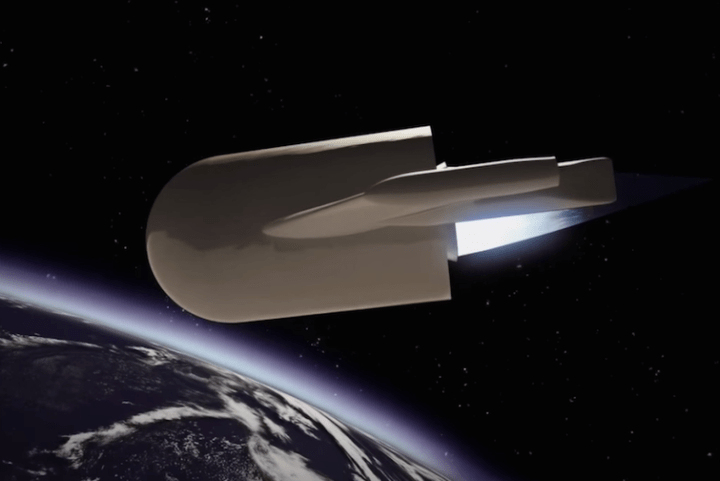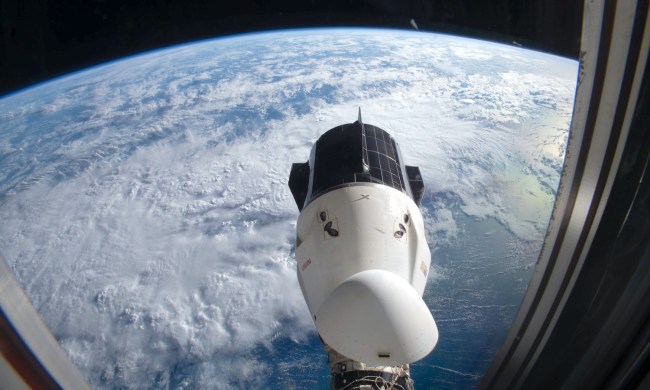
One potential solution to this problem is building reusable rocket systems. Companies like SpaceX (and more recently, Amazon) have been trying to develop reusable rocket systems for years, but their previous attempts at returning their Falcon 9 reusable rocket system back on Earth have had mixed results.
Now, another company has joined the fray. European aerospace company Airbus recently unveiled its concept reusable space launch system called Adeline, which stands for Advanced Expendable Launcher with INnovative engine Economy. True to its name, Adeline uses an innovative solution to get the rocket’s first stage engines back in one piece. Unlike SpaceX’s Falcon 9, the Adeline will have wings and propellers which will enable it to follow a ballistic trajectory as it enters the Earth’s atmosphere, and then land on a runway just like an airplane does.
Adeline will employ a very different method of return in comparison to the SpaceX’s Falcon 9. Unlike the Falcon 9, which attempts to salvage the rocket’s entire first stage (the big fuel tank and the engine) by using reserved fuel to slow down its descent until it reaches a landing platform, Adeline will detach itself from the fuel tank completely, keeping only the engines and avionics, and continue on a ballistic path until it reenters Earth’s atmosphere. Once there, it will use a set of winglets and propellers to land horizontally on a runway. A computer animation of the concept can be viewed in the video below.
The main benefit of this method, according to Airbus, is that it consumes much less fuel than SpaceX’s method. It’s worth pointing out that most of Adeline’s value lies in its engines, not its fuel tank. If the SpaceX method can safely land the fuel tank, it might make up for the additional fuel required, but so far SpaceX hasn’t been successful in landing a Falcon 9.
Getting the first stage engine of Adeline back to Earth will help salvage around 70 to 80 percent of the total value of the launch vehicle according to Airbus. It’s still just a concept at this point, but if the concept becomes a reality, it will likely help drive down the cost commercial space flight. Adeline has been in development since 2010, and Airbus expects the system to be ready for its maiden launch by 2025.


